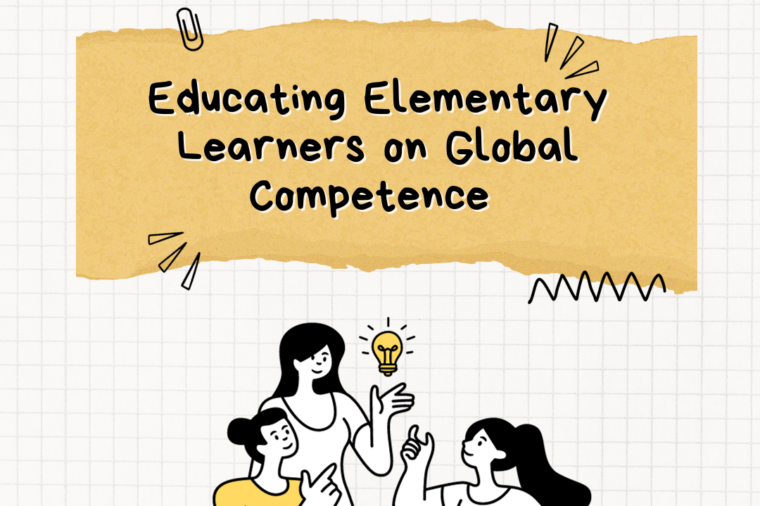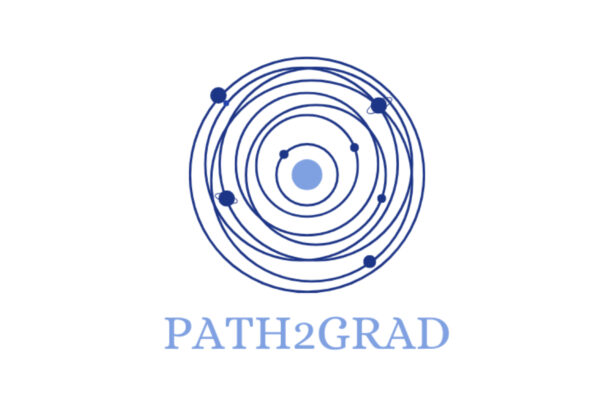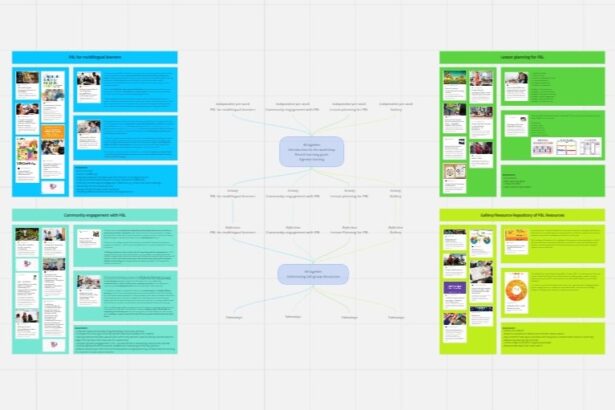In 2023, I received my undergraduate degree in Elementary Education with a focus on Teaching English as a Second language. While my time studying and working in the classroom was an invaluable experience, I felt that an important component was missing. I worked with students everyday, teaching them the difference between a metaphor and a simile, how to find the radius of a circle, and about those who inhabited our land before us. And while these are all important and necessary lessons, I felt that it did little to prepare them for the world that they were entering; real life experiences and obstacles that they would need to overcome. I felt there was a lack insight to how to prepare these student for the world around them, outside of their classroom, their state, and their country.
My project is a curriculum, in the form of a college course, that trains future educators in understanding global competence, it’s importance, and how we can educate future generations in the classroom. “Global Competence is a multi-dimensional construct that requires a combination of knowledge, skills, attitudes and values successfully applied to global issues or intercultural situations.” (PISA OECD, 2018). It’s important to understand its meaning and significance. It is also important to learn how to teach this to young, multi-cultural learners as a lot of these components are new to many of them and it’s important to teach them appropriately and with accurate relevance to the world they are living in.
Through the process of creating this experience, I was able to look at my past experiences in the elementary school classroom and the college classroom and rethink the design. I wanted to create a learning experience that incorporates elements of a traditional class (with lectures and class readings) and more novel elements that include project design, community based collaboration and discussion, and real-world experience with practicing and implementing in an elementary classroom. This teacher-training curriculum incorporates elements of co-creation, case studies, student centered learning, and real-world experience that allows for future educators to learn how to teach global competence.



